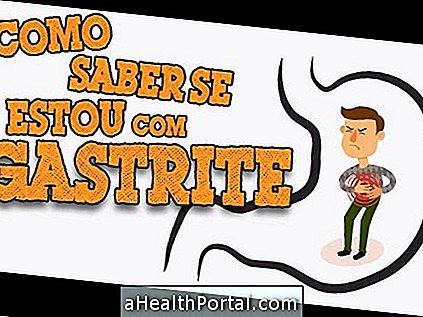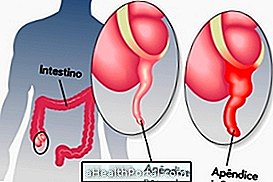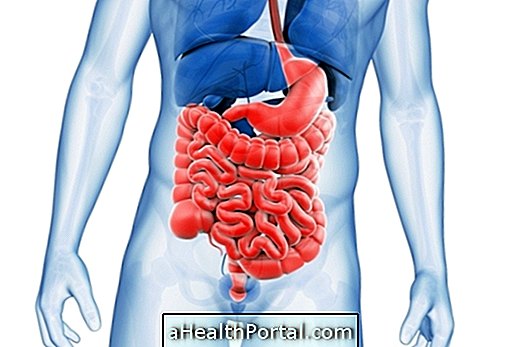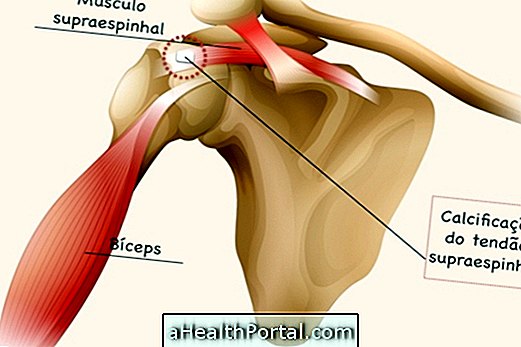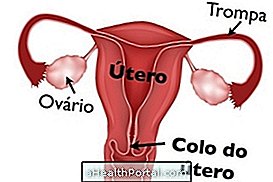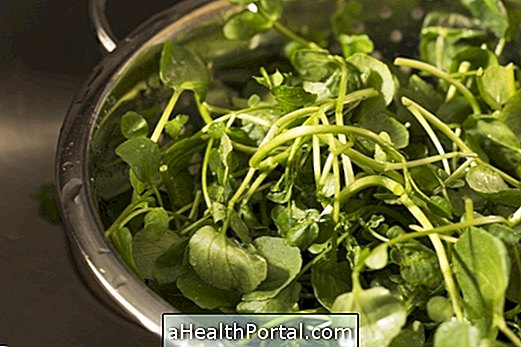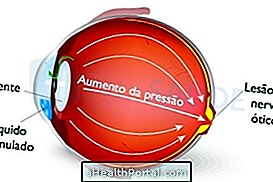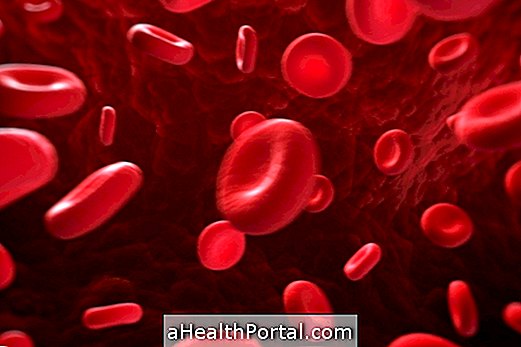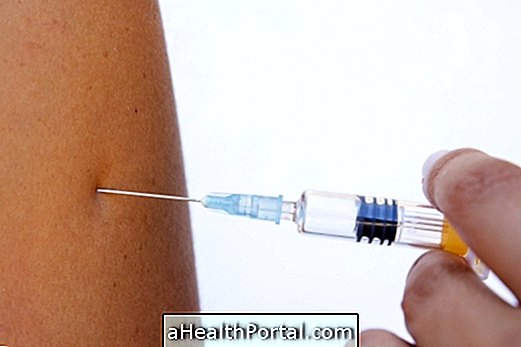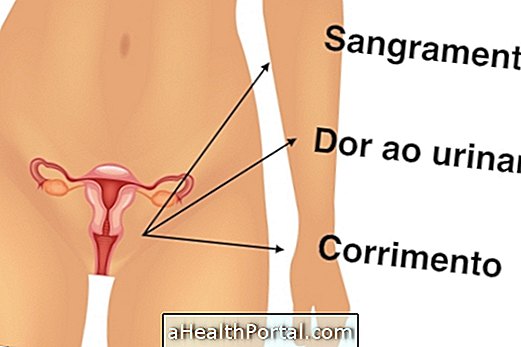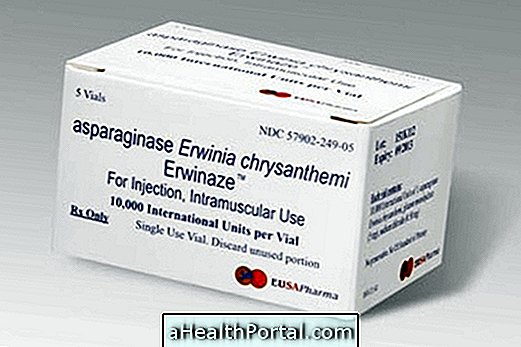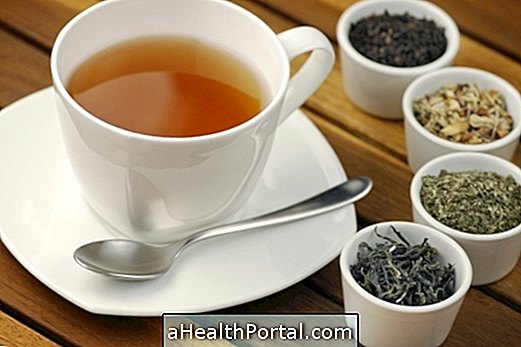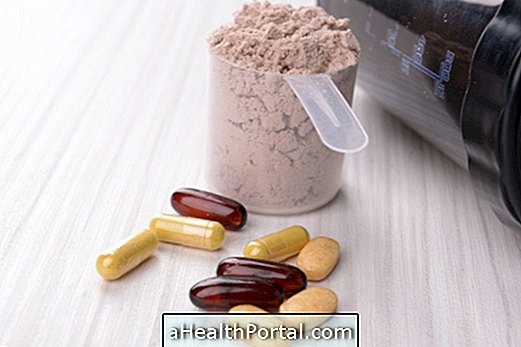When the individual is not identified early with Phenylketonuria, food poisoning can generate serious consequences such as:
- Delay in psychomotor development;
- Little brain development;
- Microcephaly;
- Hyperactivity;
- Behavioral disorders;
- Decreased IQ;
- Severe mental deficiency;
- Convulsions and
- Tremors.
Over time, if the child is not properly treated, there may be difficulty sitting, walking, behavioral disorders, speech and intellectual development are severely affected, and there may be depression, ataxia, and epilepsy.
In the case of phenylketonuria, when a certain region in the brain is affected by the accumulation of toxins, even if the individual correctly follows the treatment from there, the injured region will not be cured and the lesion will be permanent. But following the diet properly will prevent other areas of the brain from being injured.
Early diagnosis and correct feeding can cause the child to not present the signs and symptoms of the disease, and allows a normal neuromotor development.
Phenylketonuria is a disease that has no cure and therefore the individual should be very careful when eating for life, feeding only on specific products for phenylketonuric and investing in foods that contain few amounts of phenylalanine. See how Phenylketonuria Treatment is done.
Simple everyday foods like eggs, fish, rice and beans have high levels of phenylalanine and for these, it can be a "poison", and therefore can not be ingested. See other foods rich in phenylalanine.
To ensure the proper nutritional amount the patient diagnosed with phenylketonuria should take daily formulas for phenylketonuria, which contains the modified substance, so that it is not "poisonous" to the brain.

